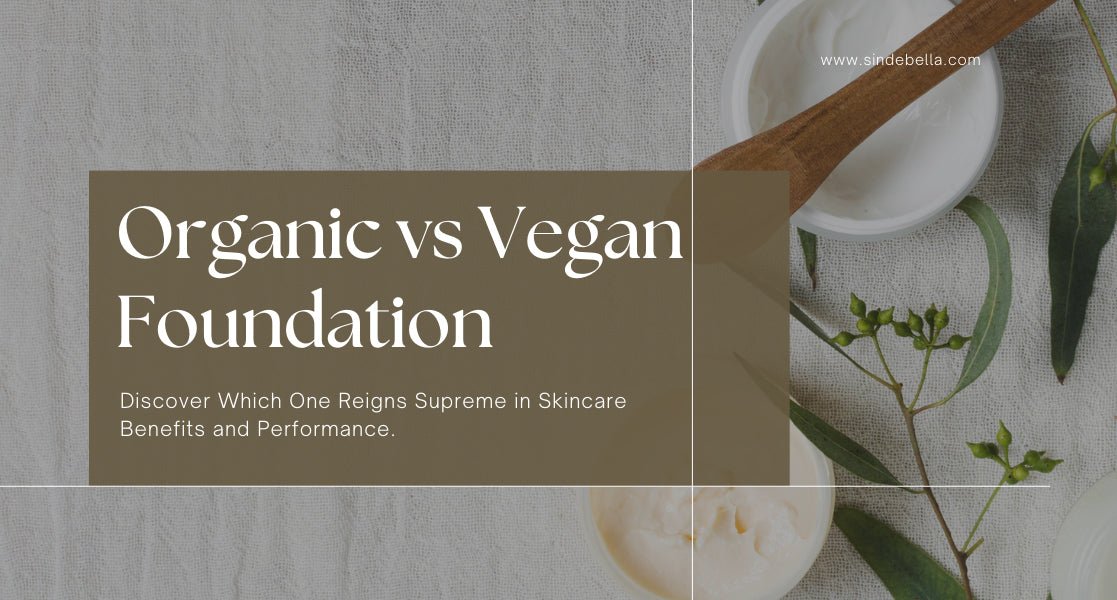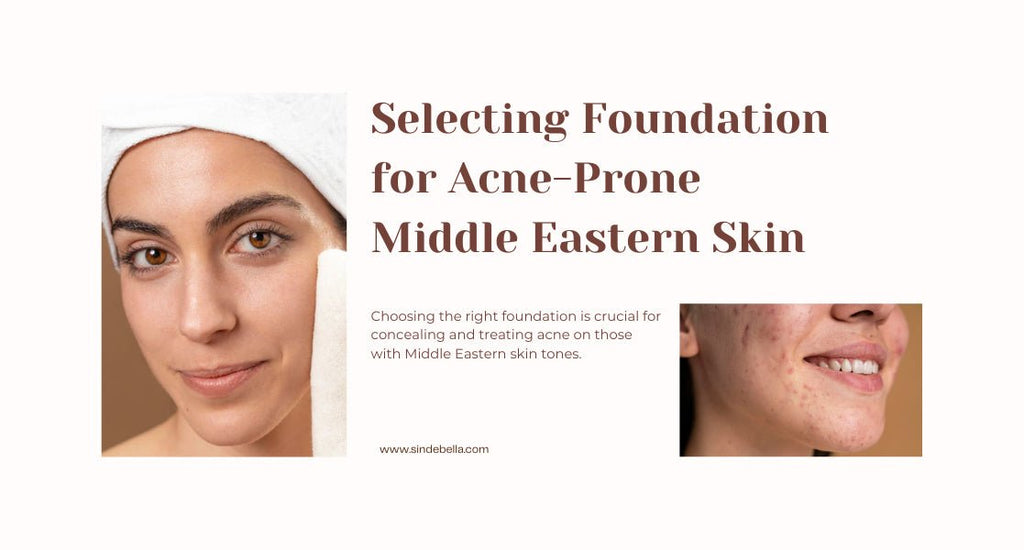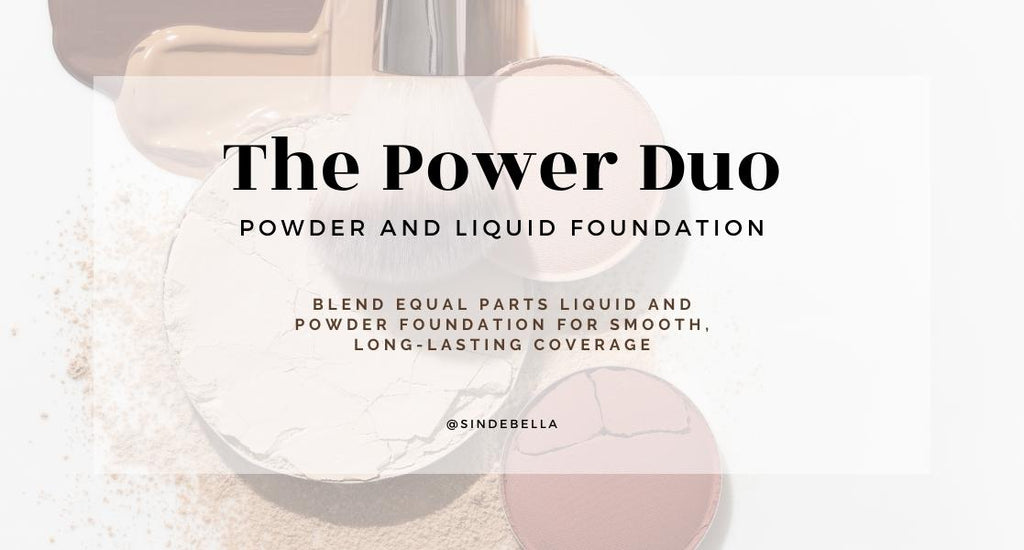
Organic vs Vegan Foundation: Which Is Better for Your Skin?
Introduction:
Choosing the right foundation for your skin can be overwhelming with the wide array of options available. In recent years, organic and vegan foundations have gained popularity among skincare enthusiasts. But what exactly do these terms mean, and how do they differ? In this article, we will explore the differences between organic and vegan foundation formulas, their pros and cons, the prevalence of each type in the market, and why there are relatively fewer brands offering organic formulations. Finally, we will assess whether these alternatives are worth considering for your skin.
- Organic Foundation:
Organic foundation refers to a product made from ingredients that are grown without the use of synthetic pesticides, fertilizers, or genetically modified organisms (GMOs). These formulas prioritize natural and sustainable ingredients, often derived from plants, fruits, and minerals.
- Vegan Foundation:
Vegan foundation, on the other hand, excludes any animal-derived ingredients such as beeswax, carmine, or lanolin. These products are cruelty-free, meaning they are not tested on animals at any stage of production.
- Pros and Cons of Organic Foundation:
Pros:
- Fewer harsh chemicals: Organic foundations typically avoid potentially harmful chemicals like parabens, sulfates, and synthetic fragrances.
- Gentle on sensitive skin: The absence of synthetic ingredients makes organic foundation suitable for those with sensitive or easily irritated skin.
- Environmental sustainability: Organic farming practices promote eco-friendly and sustainable cultivation methods, reducing the ecological impact.
Cons:
- Limited shade range: Due to the nature of organic ingredients, it can be challenging for manufacturers to achieve a diverse range of shades in their organic foundation products.
- Shorter shelf life: Organic formulas may have a shorter shelf life compared to non-organic ones due to the use of natural preservatives.
- Pros and Cons of Vegan Foundation:
Pros:
- Cruelty-free: Vegan foundations ensure that no animals are harmed during the formulation or testing process.
- Ethical consumerism: By opting for vegan products, individuals can align their purchasing choices with their values of compassion and animal welfare.
- Versatility: Vegan foundations often come in a wide range of shades and finishes, catering to various skin types and preferences.
Cons:
- Synthetic ingredients: Some vegan foundations may rely on synthetic substitutes for animal-derived ingredients, which can raise concerns for those seeking purely natural products.
- Skin compatibility: While vegan products may be suitable for many, some individuals with specific allergies or sensitivities might still experience reactions to certain vegan ingredients.
- Market Prevalence:
Currently, the market is dominated by more vegan foundation options compared to organic ones. The demand for vegan beauty products has surged in recent years due to increased awareness about animal welfare and ethical consumerism.
- Why Fewer Brands Offer Organic Formulations:
One reason for the limited availability of organic foundation options is the challenges faced by manufacturers in sourcing organic ingredients. Certified organic ingredients can be costlier and more complicated to acquire, leading to higher production costs and potentially limiting the scalability of organic product lines. Additionally, the difficulty in achieving a wide range of shades using purely organic ingredients poses another obstacle for brands.
Conclusion:
Both organic and vegan foundations offer compelling advantages for those seeking alternative skincare options. While organic foundations prioritize natural ingredients and sustainable cultivation methods, vegan foundations ensure cruelty-free formulations. As the demand for these products continues to grow, it is essential to consider the pros and cons mentioned above and choose the option that aligns best with your values and skin needs.




